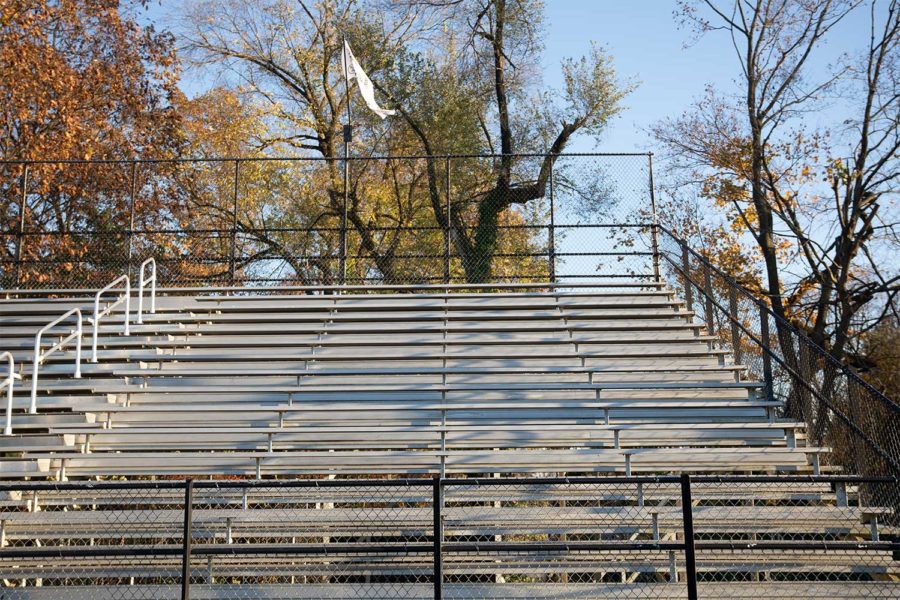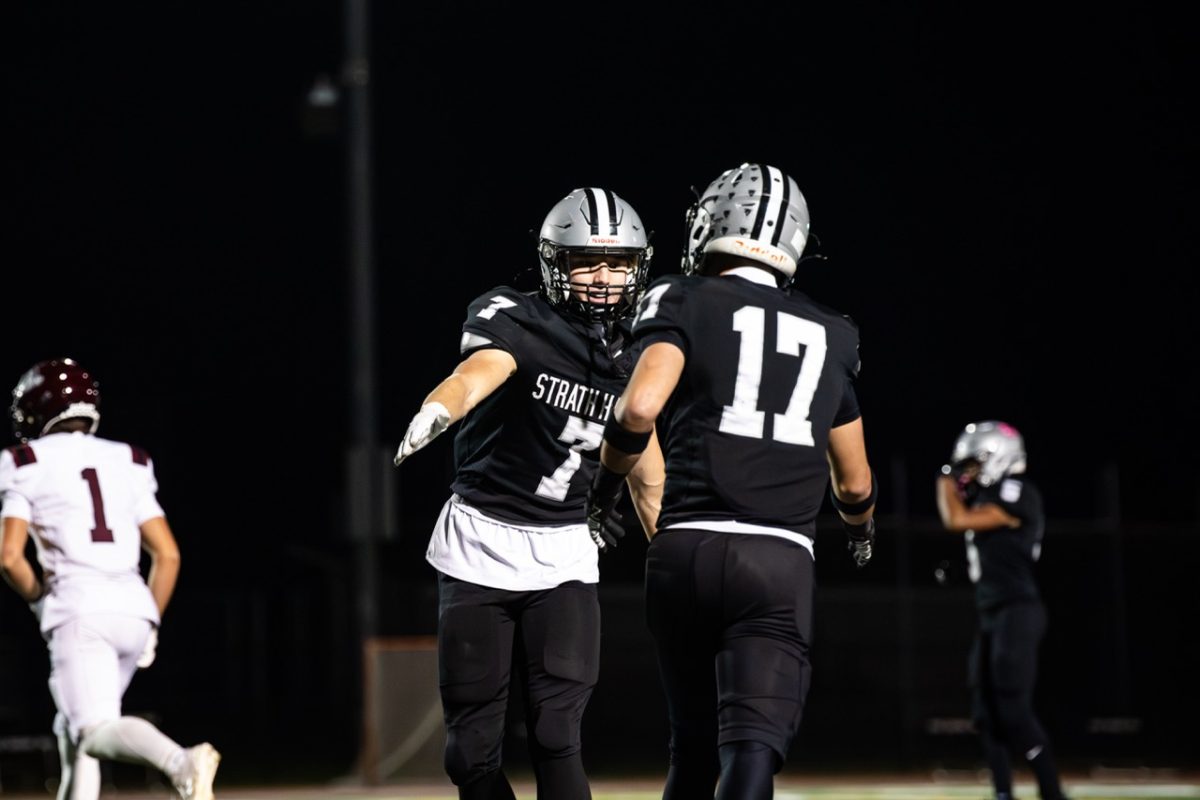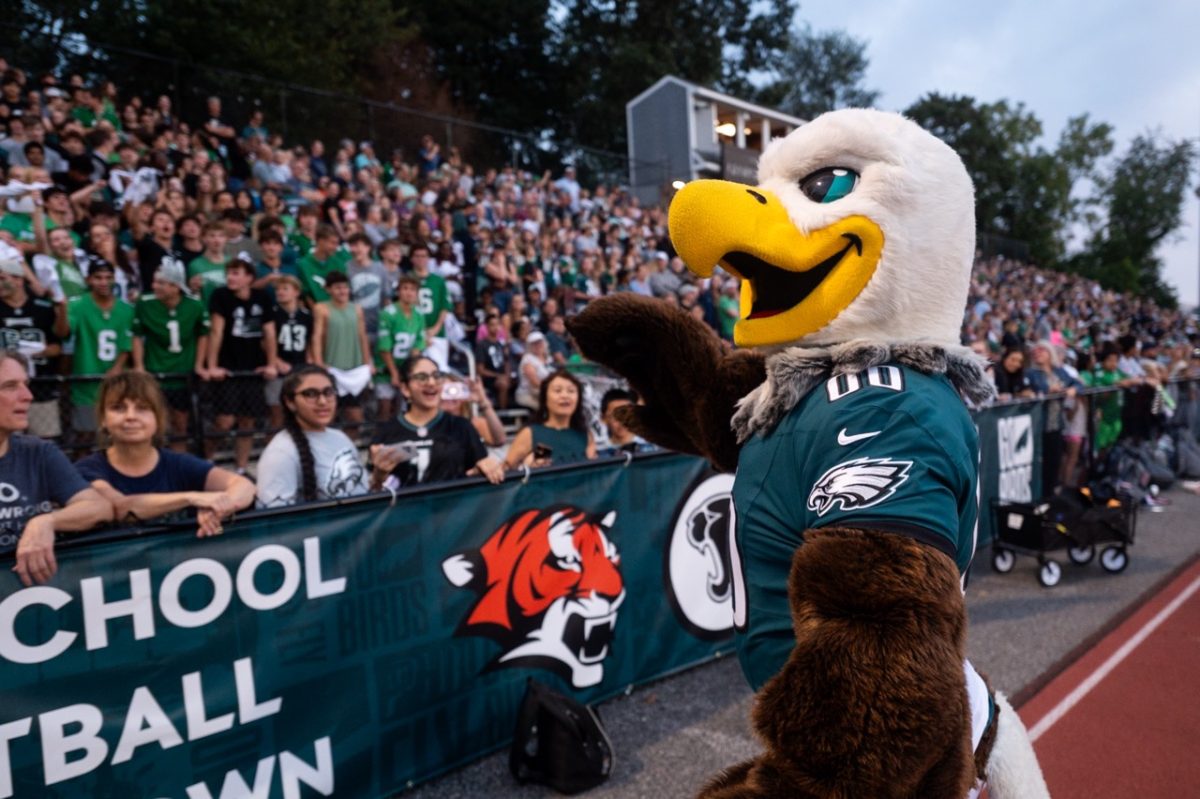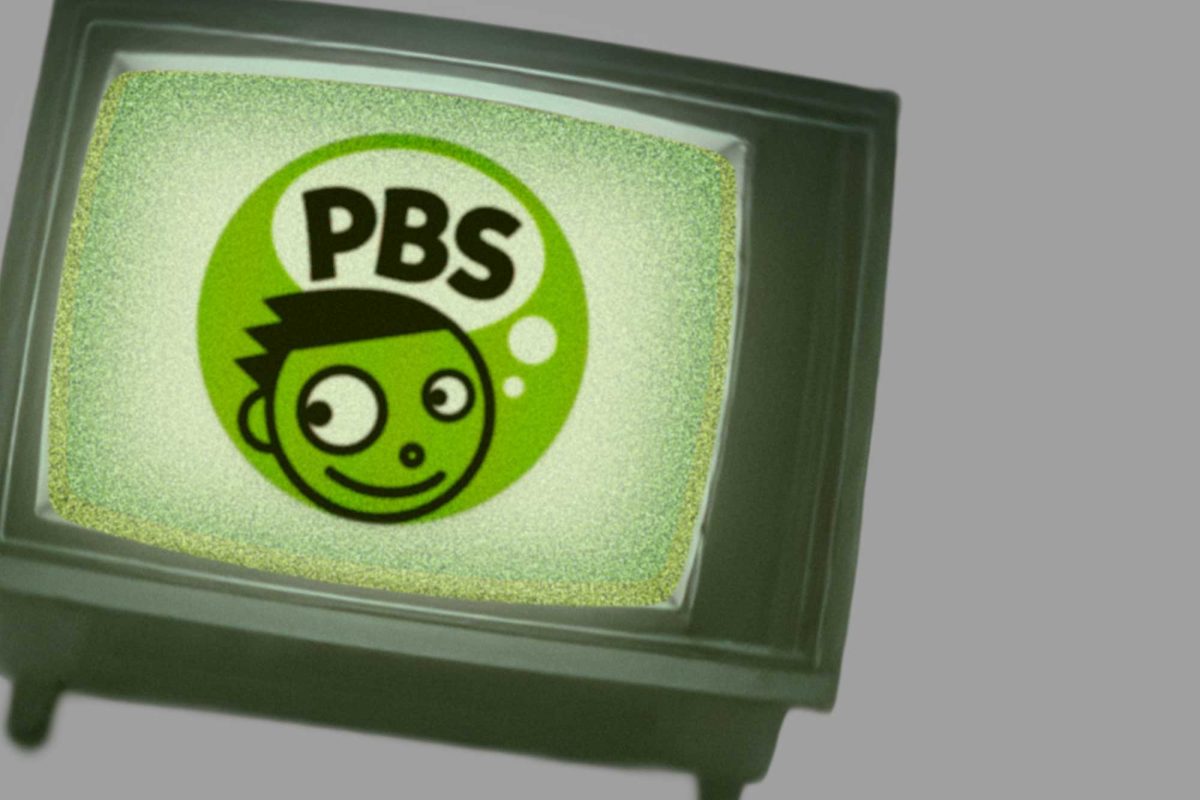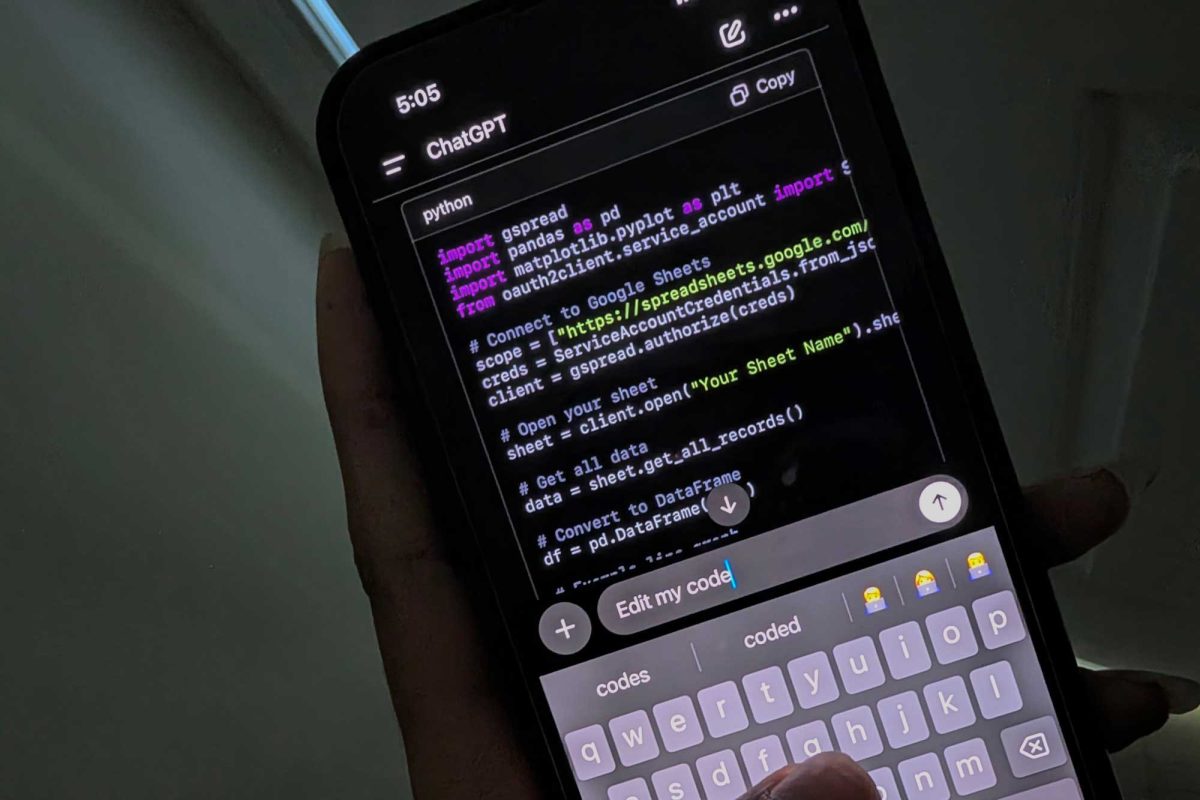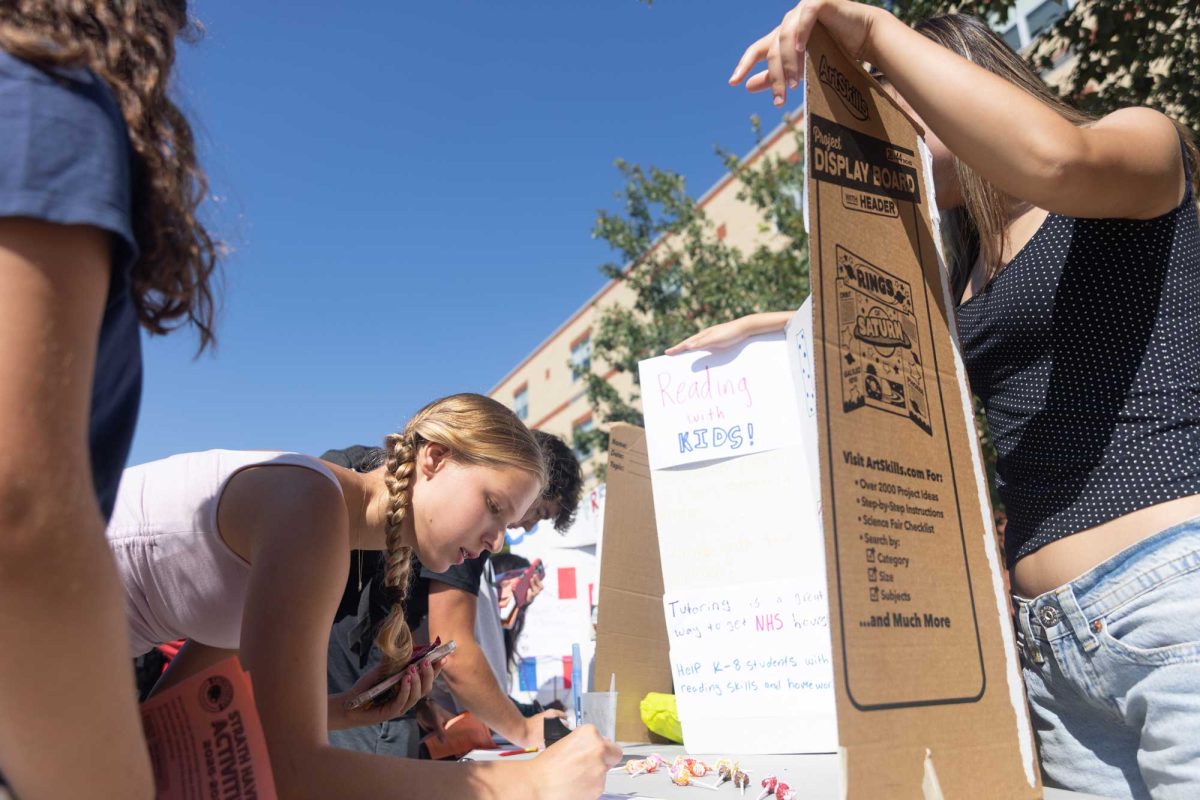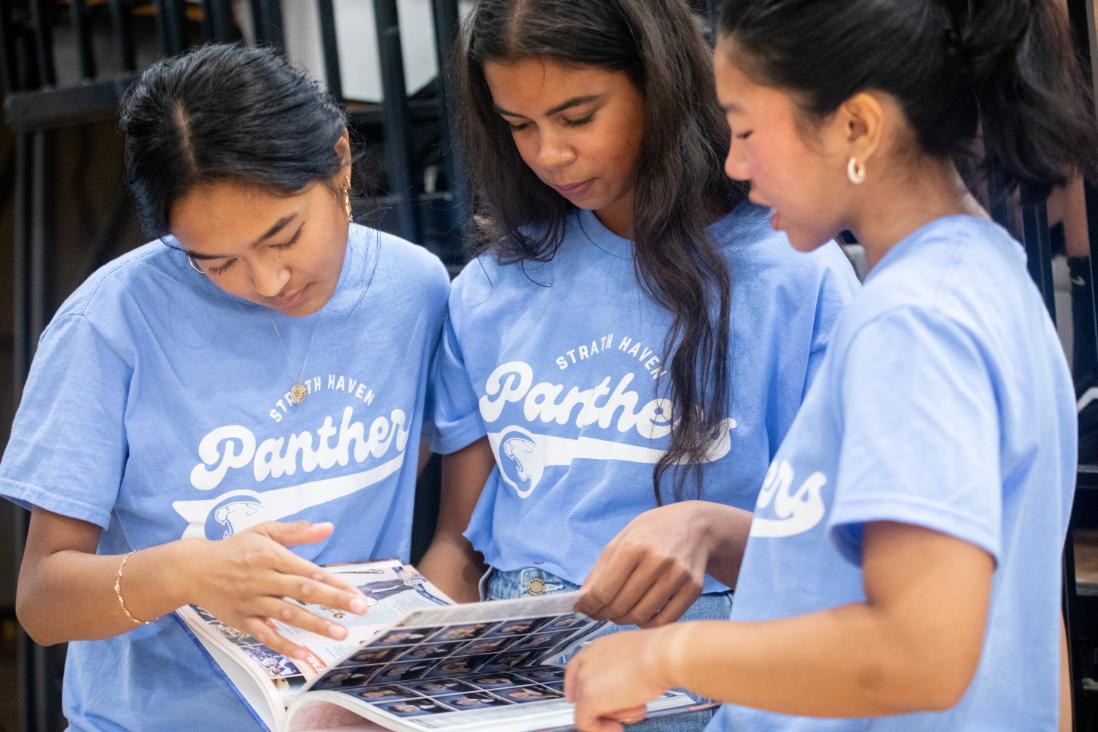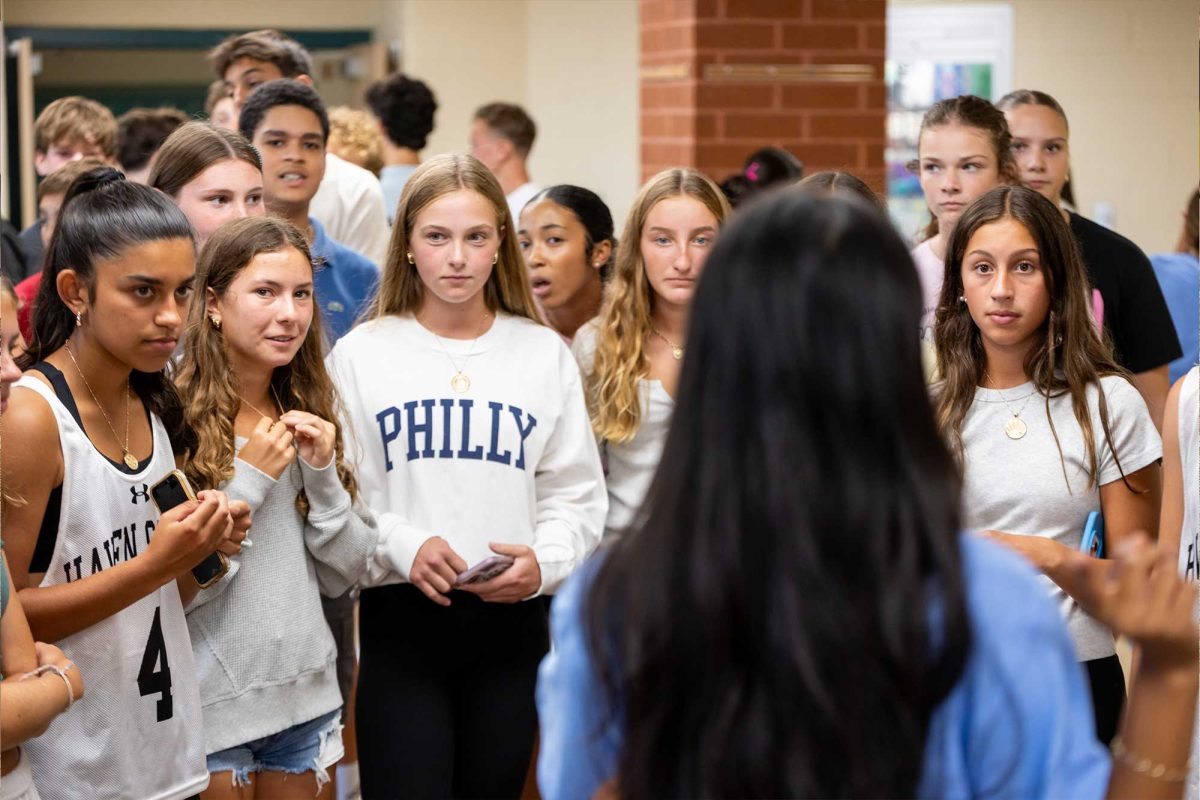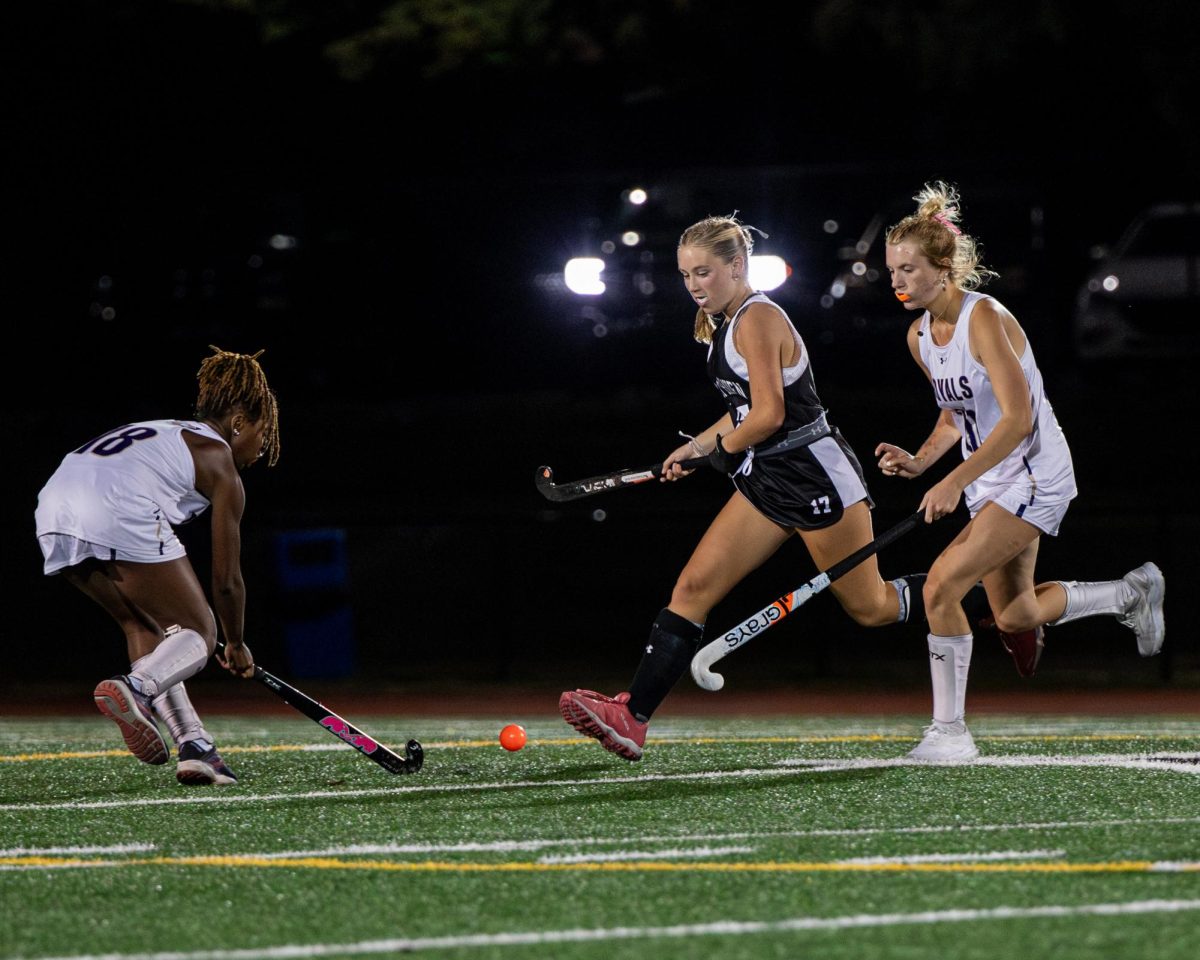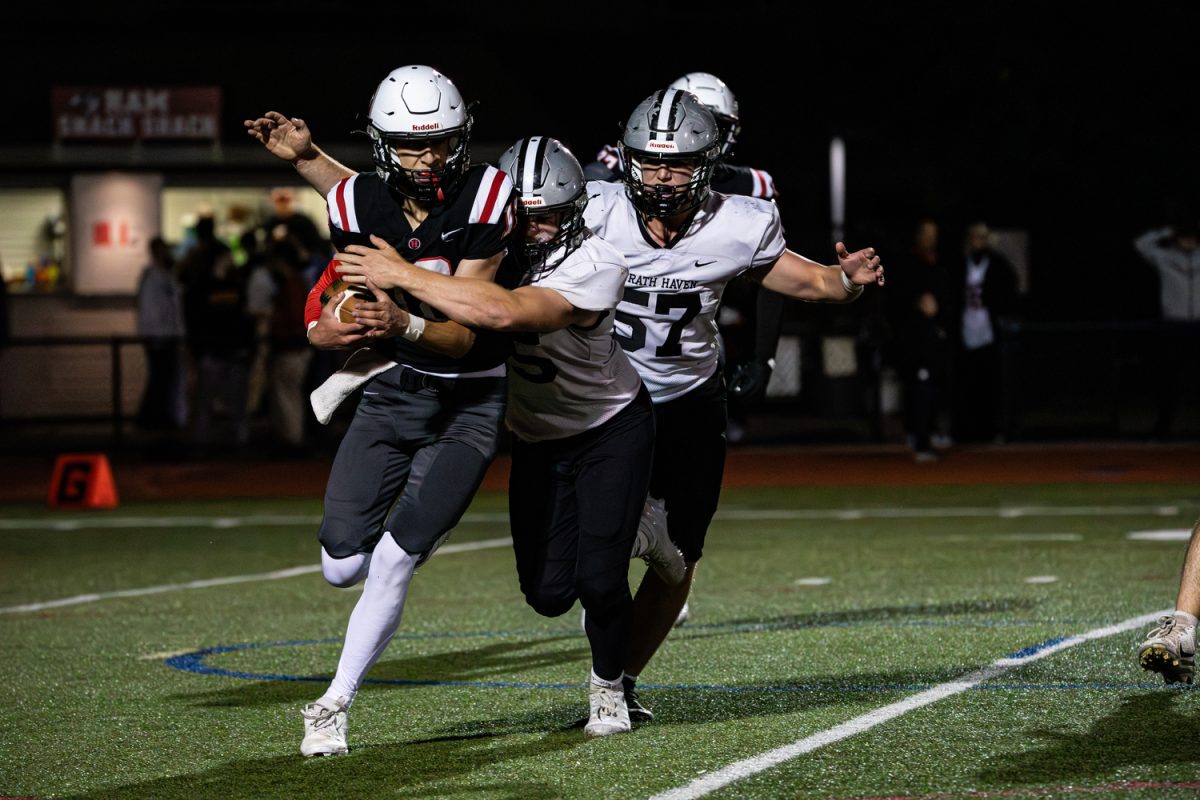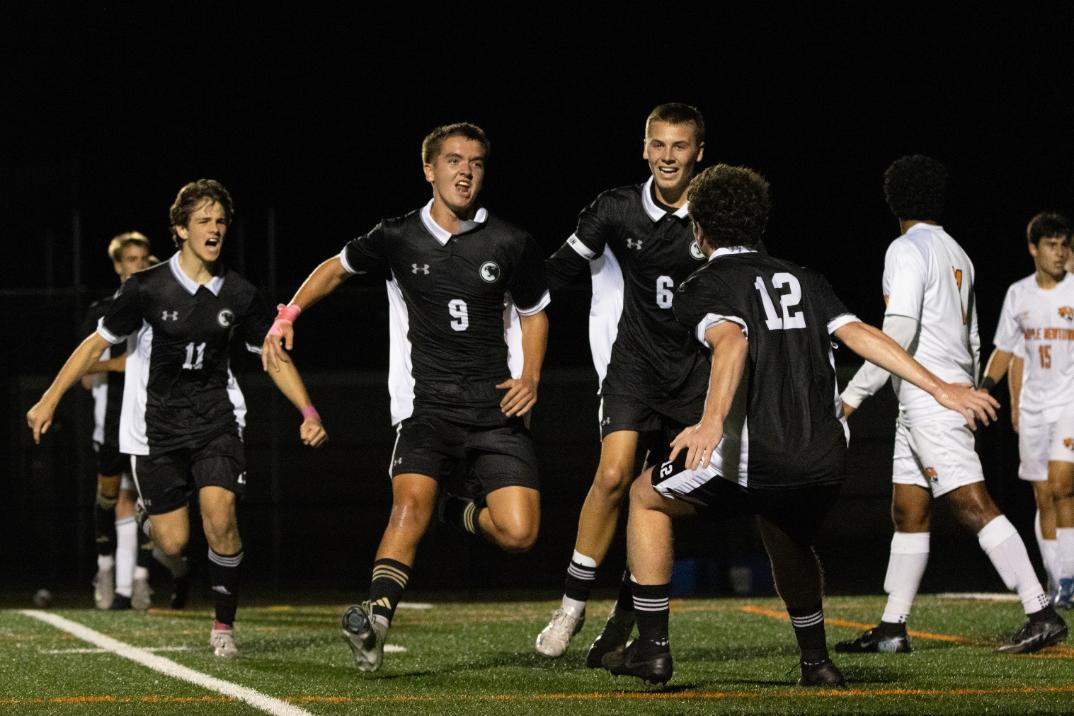On Tuesday, August 30, the student section of Strath Haven High School announced USA as the Panther Pack’s theme for the September 1 game against Kensington High School on their Instagram page, pantherpack_section.
Included in this post was an audio saying, “It’s about being a *******American, it’s a state of mind. You don’t need to be born in America to be an American, you just need to get up in the morning and grab your balls and look at the flag and look at Jesus and say, you know what, I got this **********, I don’t need no ******* welfare check.”
The audio is popular on Tiktok. It comes from a 2016 Joey Diaz video, a comedian who is popular for his podcasts.
Kensington High School serves a student population that has a total minority enrollment of 91% and that is 99% economically disadvantaged, according to US News.
“We weren’t attacking Kensington by choosing a USA theme, although I don’t really know how that would be an attack,” said an administrator for the Panther Pack account over Instagram messenger. “We chose USA because it’s fun, colorful, and easy for everyone to do.”
“We just thought it was a funny audio,” they said.
Not all students saw the humor in the post.
“I can, truthfully, say that I have never seen the American flag being used for good against Black and Hispanic people,” senior Aissata Kone said. “I found it kind of either ignorant like someone didn’t know about Kensington—which I still find offensive—or someone was very intentional with the post.”
The bio for the pantherpack_section labels the account, titled Strath Haven Student Section, as not affiliated with WSSD. Athletic Director Mr. Pat Clancy confirms that the account is not managed by or associated with school athletics.
However, the school district is exploring future oversight of student-led social media accounts.
“Going forward, social media is something that the district wants to provide some guidelines on,” said Lindsey Norwood, Wallingford-Swarthmore School District’s Communications and Community Relations Liaison. “Right now, the district doesn’t have any sort of guidelines on what students can post.”
She hopes these guidelines can be created in the future.
“There are a lot of great things happening on social media,” she said. “But when there aren’t any guidelines, even the best of intentions can put our students’ mental well-being at stake.”
Clancy noted that the Panther Pack account has drawn some attention. “Some [Panther Pack posts] in particular have gotten heightened awareness by the administration,” he said.
“We want a loud, supportive student section, and we want them to do it in a positive manner. Having everyone show up in the same attire does build morale and camaraderie,” Clancy said. “But some of the actions of that Instagram account were deplorable.”
The Pennsylvania Interscholastic Athletic Association has guidelines for acceptable behavior by players, coaches, and spectators at sporting events.
According to PIAA Associate Executive Director Melissa Merz, these sportsmanship guidelines do apply to online behavior.
Unacceptable fan behavior includes when a “spectator attempts to provoke, intimidate, and or berate, coaches, contest officials, student-athletes, and or other spectators,” according to the PIAA constitution.
While the PIAA expects schools to follow its guidelines, enforcement falls to school administrators.
“Usually, we let the principals handle it,” said Mertz.
Despite her concerns about online misconduct by the student section, Kone says she enjoys going to games. She hopes they can be a comfortable environment for everyone.
“I really just want the section to be a little more sensitive to who we are playing and be thoughtful with their actions,” she says.
Junior Meredith Seidman shares some of the same concerns.
“I’ve seen a dreadlock wig,” she said. “I mean, I am white, but it definitely made me feel a little uncomfortable that it was being passed around the stands.”
Assistant Principal Mr. Tom McLaughlin keeps a close eye on the Panther Pack when he attends football games.
“There were a couple events where I had to step in and address a few things,” he said. “We’ve had more of a presence to help them see the light of their ways in terms of misbehavior.”
However, McLaughlin does not monitor any student-led social media accounts or conduct on these accounts. “I don’t really know how social media works, exactly,” he said.
The National School Public Relations Association recommends the school “formally support social media use by the school district and its employees” in a Fall 2022 communications audit presented to the board by setting expectations for online conduct.
“I think there are some signs of progress,” Clancy said. “When kids are repeating back to me no names or numbers, the message is starting to hit. They start to get creative in ways we have to work on too though. Sometimes, kids look for loopholes and things like that… When we see something, we are certainly going to address it.”
Kone says that students should know better.
“You’ve had examples of your behavior shown to you, and you know that it’s wrong, and if you decide to continue it, you’re just immature to me,” she said.



